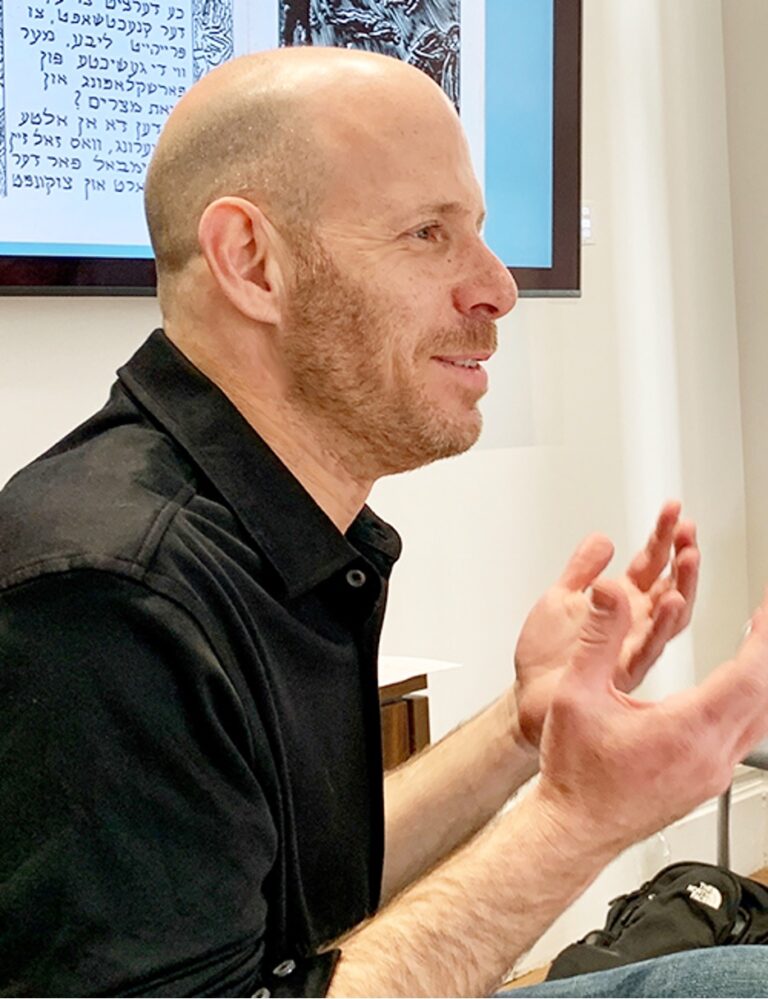
Faculty Spring 2024: Kobi Kabalek
Assistant Professor of Holocaust Studies and Visual Studies, Germanic and Slavic Languages and Literatures, and Jewish Studies
Countless wartime diaries and postwar memoirs of Holocaust victims integrate images, concepts, and episodes from fictional horror tales and films drawn from diverse cultural environments. They speak of Nazis as real-world incarnations of horrific fictional figures, such as vampires, mention terrifying monsters from Jewish apocalyptic traditions, and depict ghettos and camps as actual manifestations of medieval depictions of hell. I argue that in the very blurring the boundaries between the real and unreal, the historical and fantastic, these victims’ accounts display familiar features of horror, a feeling that emerges in extreme situations and articulates the breakdown of social expectations and modern conceptions of humanity. These features stand at the heart of many responses to Nazism and the Holocaust also today, exposing the fragility of human conduct and modern ethics and questioning the boundaries between “civilization” and “barbarism.” My project explores Holocaust victims’ horror depictions in order to unravel their authors’ contemplations of the very definition of humanity and the borders of rationality and civilized sociality. Whereas the study of the Holocaust has used such concepts as “civilizational rupture” (Dan Diner) to describe the change that this genocide has caused to people’s perceptions, expectations, and anxieties in modern societies, it has rarely sketched the meanings and origins of such conceptualization. My study pursues these issues by tracing the cultural roots, functions, and implications of civilization and barbarism since WWII through a close analysis of the Holocaust as horror. Learn more about Dr. Kabalek.